
8 Foods That “Clash” with Tumors — Eat Them Regularly for Better Health
One of the most effective ways to prevent cancer is to maintain a healthy and balanced diet. Below are eight foods often described as “tumor-fighting” because of their rich nutrient content and potential cancer-preventive properties. Try to include them in your daily meals for long-term protection and well-being.
1. Sweet Potatoes — Natural Cancer Cell Fighters
Sweet potatoes are rich in fiber, beta-carotene, and powerful antioxidants. Studies have shown that sweet potato protein may inhibit the growth and spread of colon cancer cells in laboratory models (National Library of Medicine, 2013).
Purple sweet potatoes, in particular, contain anthocyanins — potent antioxidants that may slow down tumor progression and reduce inflammation. Research also suggests that eating purple sweet potatoes regularly can help strengthen the immune system and fight oxidative stress (Healthline, 2024).
Tip: Eat one medium-sized steamed or roasted sweet potato daily, or add it to your lunch or dinner a few times per week.
2. Eggplants — The Ancient Anti-Tumor Remedy
Eggplants have long been valued in traditional medicine. Ancient Chinese texts even described them as useful for treating “tumors in autumn.” Modern research confirms that eggplants contain compounds such as solanine, saponins, and cucurbitacin — all of which have demonstrated potential anti-cancer properties in cell studies (Medical News Today, 2023).
Tip: Grill or bake eggplants with olive oil and garlic to maximize both taste and nutrient absorption.
3. Broccoli — A Superfood for Cancer Prevention
Broccoli and other cruciferous vegetables (like cabbage, kale, and Brussels sprouts) are rich in sulforaphane, a sulfur-containing compound shown to protect cells from DNA damage and stimulate the body’s detoxification enzymes.
According to the American Institute for Cancer Research (AICR), there is “strong evidence” that eating non-starchy vegetables — especially cruciferous ones — can help lower the risk of several cancers, including those of the breast, lung, and colon (AICR, 2023).
Tip: Steam or lightly sauté broccoli for the best preservation of its beneficial compounds.
4. Radishes — Eliminating Carcinogenic Compounds
Radishes are known for their crisp texture and detoxifying properties. They are high in vitamin C, fiber, and glucosinolates — compounds that may help neutralize nitrosamines, which are potential carcinogens formed in the digestive tract (BBC Good Food, 2024).
Traditional sayings reflect this belief: “Eat radish in winter and ginger in summer — you’ll never need a doctor.”
Tip: Eat raw radishes in salads or juice them with carrots and apples for a refreshing drink.
5. Tomatoes — Lycopene Power Against Cancer
Tomatoes are one of the richest sources of lycopene, a red pigment with antioxidant and anti-inflammatory properties. Research shows that lycopene intake is associated with a reduced risk of several cancers, particularly prostate and gastric cancers (Mayo Clinic, 2024).
Cooking tomatoes actually increases the bioavailability of lycopene, so tomato sauces, soups, and stews are all great options.
Tip: Enjoy cooked tomatoes several times per week, ideally with olive oil to improve absorption.
6. Pumpkin — The “Golden Shield” for Your Cells
In many countries, pumpkins are affectionately called “golden food” for their versatility and nutritional value. They are packed with vitamin A (beta-carotene), vitamin C, potassium, and dietary fiber. These nutrients help regulate cell growth, reduce inflammation, and protect the body from free radicals.
Pumpkin also contains tryptophan-P, a compound shown to inhibit carcinogenic activity in early studies. Additionally, its low-calorie, high-fiber nature supports heart and metabolic health (Healthline, 2023).
Tip: Add pumpkin to soups, stir-fries, or bake it with herbs for a naturally sweet, anti-inflammatory dish.
7. Pomegranates — Weakening Prostate Cancer Cells
Pomegranates are loaded with polyphenols, flavonoids, and ellagic acid, which have been shown to inhibit the proliferation of prostate cancer cells and reduce tumor metastasis in animal and cell studies (NIH, 2022).
Regular consumption of pomegranate juice may also help regulate blood pressure and reduce oxidative stress.
Tip: Drink one small glass of pomegranate juice daily, or sprinkle fresh seeds over yogurt or salads.
8. Turmeric — The Golden Spice That Protects Cells
Used in India for over 4,000 years, turmeric is one of the world’s most studied natural anti-inflammatory foods. Its active compound, curcumin, can inhibit the growth and spread of cancer cells and suppress inflammatory pathways that fuel tumor formation (National Cancer Institute, 2024).
Clinical studies have linked curcumin to benefits like lower cholesterol, improved liver function, and enhanced cognitive protection against Alzheimer’s disease.
Tip: Add half a teaspoon of turmeric to soups, curries, or tea daily; pair it with black pepper to boost absorption.
Important Note
While these foods show promising protective effects, most studies are preliminary — often conducted on cells or animals. No single food can “cure” or “guarantee” cancer prevention. A balanced diet rich in fruits, vegetables, lean protein, and whole grains, combined with regular exercise and medical check-ups, remains the best defense against cancer.
As the National Cancer Institute (NCI) reminds us: “Diet plays a supportive but not solitary role in cancer prevention.” (NCI, 2024).
News in the same category


The Pentagon forced to issue statement following Netflix's new movie 'A House of Dynamite'

Streamer responds after Emiru accuses him of sexual assault, abuse and blackmail

‘They Were Vehemently Against It’: Naturi Naughton Says the Wrong People Blocked Her from Working with Ryan Coogler

Meet Arthell Isom, Creator Of The First Major Black-Owned Anime Studio In Japan

Meet Stan Thomas, the Sega President Who Spearheaded One of the First Game Streaming Services

Two Sisters Transform 19th Century Detroit Mansion Into Luxury Bed And Breakfast

How A Former NYC Teacher Turned Her Home Into A Black History Museum

17-Year-Old Kamora Freeland Makes History as Youngest Licensed Woman Pilot in New York

Too Many Ripe Tomatoes? 5 Smart Ways to Preserve Them All Year Round — No Market Trips Needed!

Put a Bowl of Salt in Your Fridge: A Simple Yet Brilliant Trick I Wish I’d Known 30 Years Ago
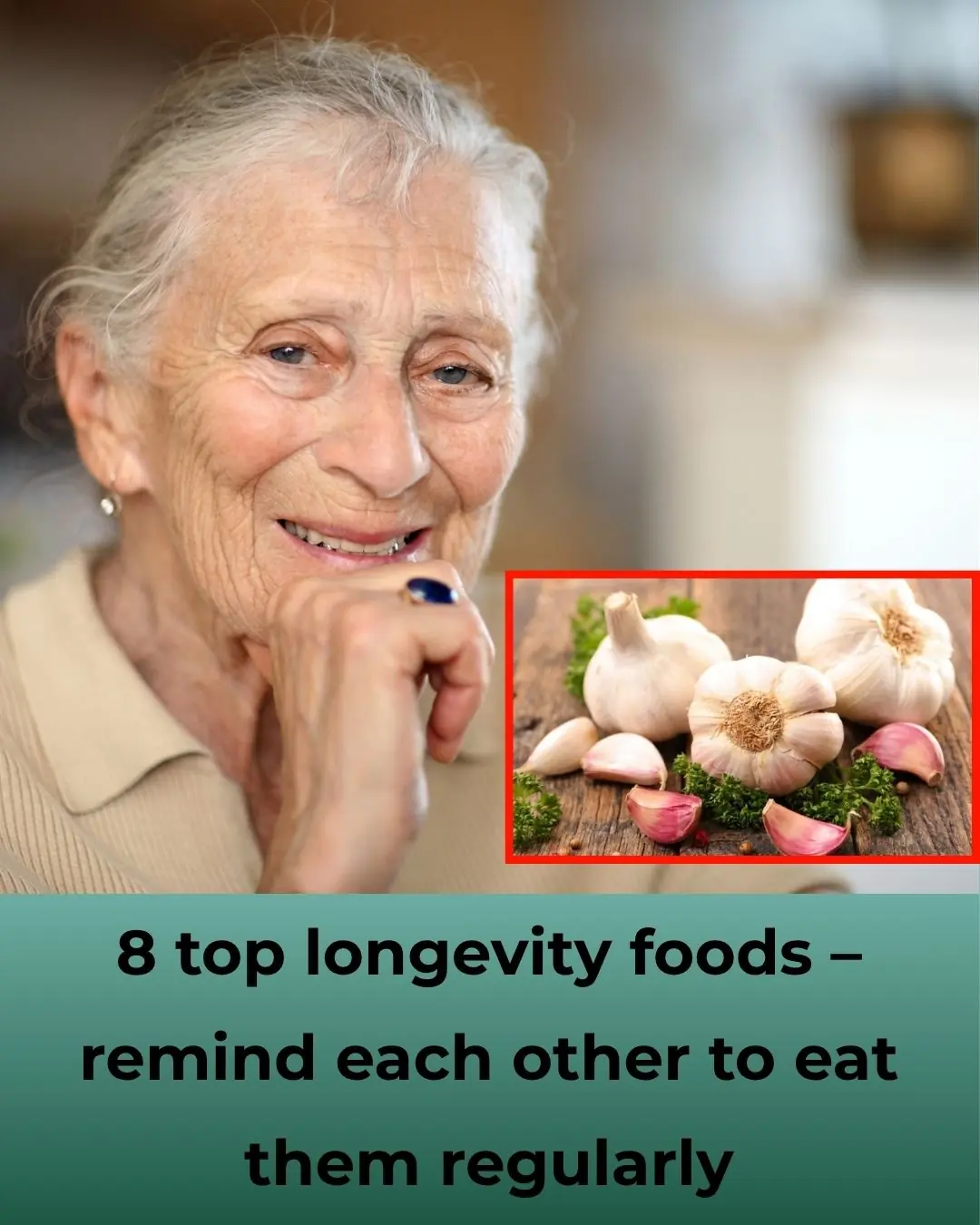
Top 8 Longevity Foods: Fish Only Ranks Second — the No.1 Item Might Be Sitting Right on Your Table!

My Nana Taught Me This Hack to Get Rid of Lawn Burn from Dog Pee in 5 Minutes with Zero Work — Here’s How It Works

You’re Doing It All Wrong. Here’s the Right Way to Store Your Cheese

You’re Doing It All Wrong. Here’s the Right Way to Wash Your Blender

The Genius 4-Minute Grill Cleaning Hack My Nana Swore By — and Why It Actually Works

Rock Star’s Family Devastated As Common Symptom Leads To ER Visit And Aggressive Cancer Diagnosis

Tammy Slaton Shocks Fans With Stunning Weight Loss Photos—Inside Her Transformation

Doctors Feared Baby Had a Mouth Tumor—But the Real Cause Left Everyone Stunned
News Post

Why drinking your sugar is more harmful for diabetes than eating it, study finds
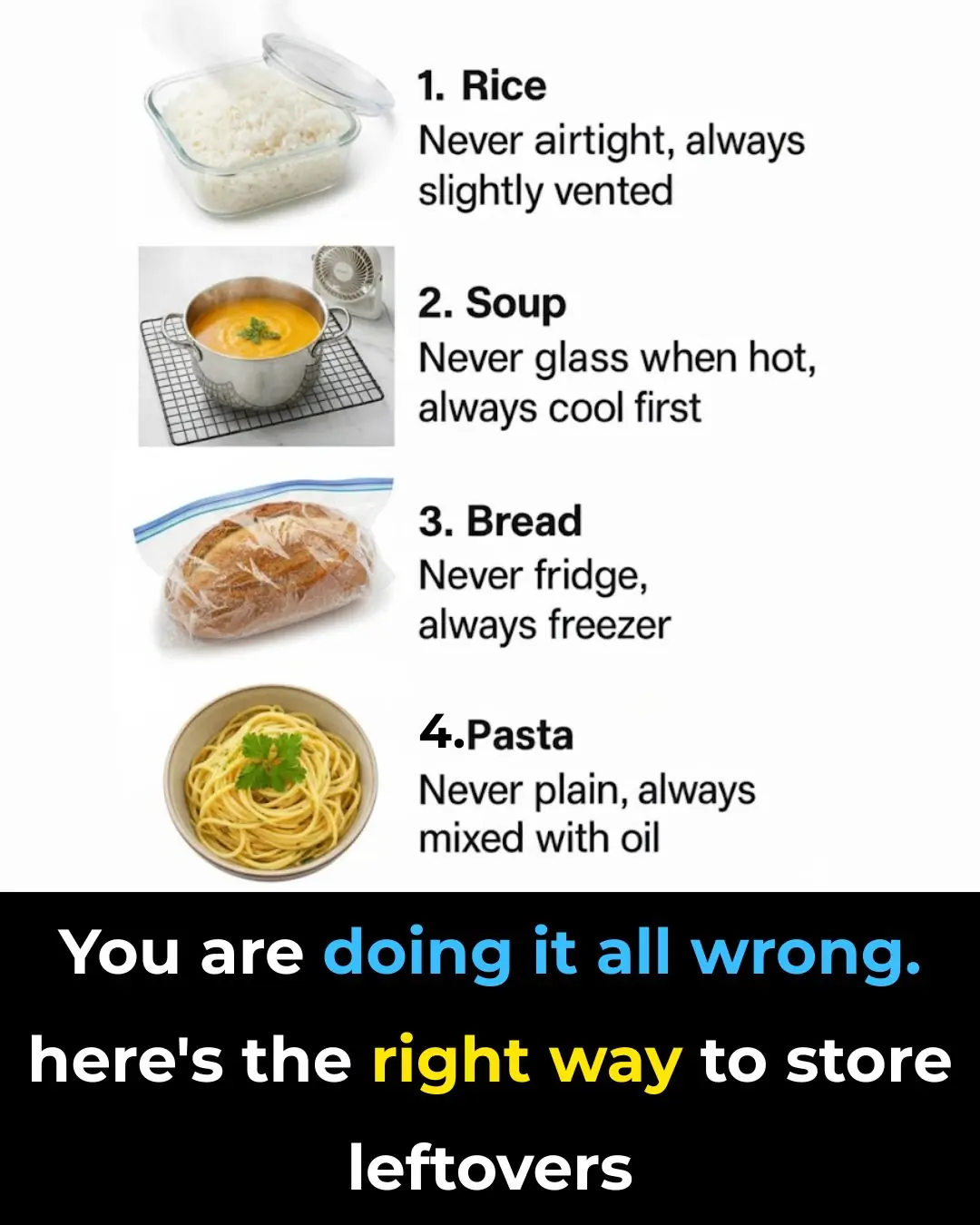
You are doing it all wrong. Here’s the right way to store leftovers

When a cat rubs against you, this is what it means

Zodiac Signs Most Likely to Have Prophetic Dreams
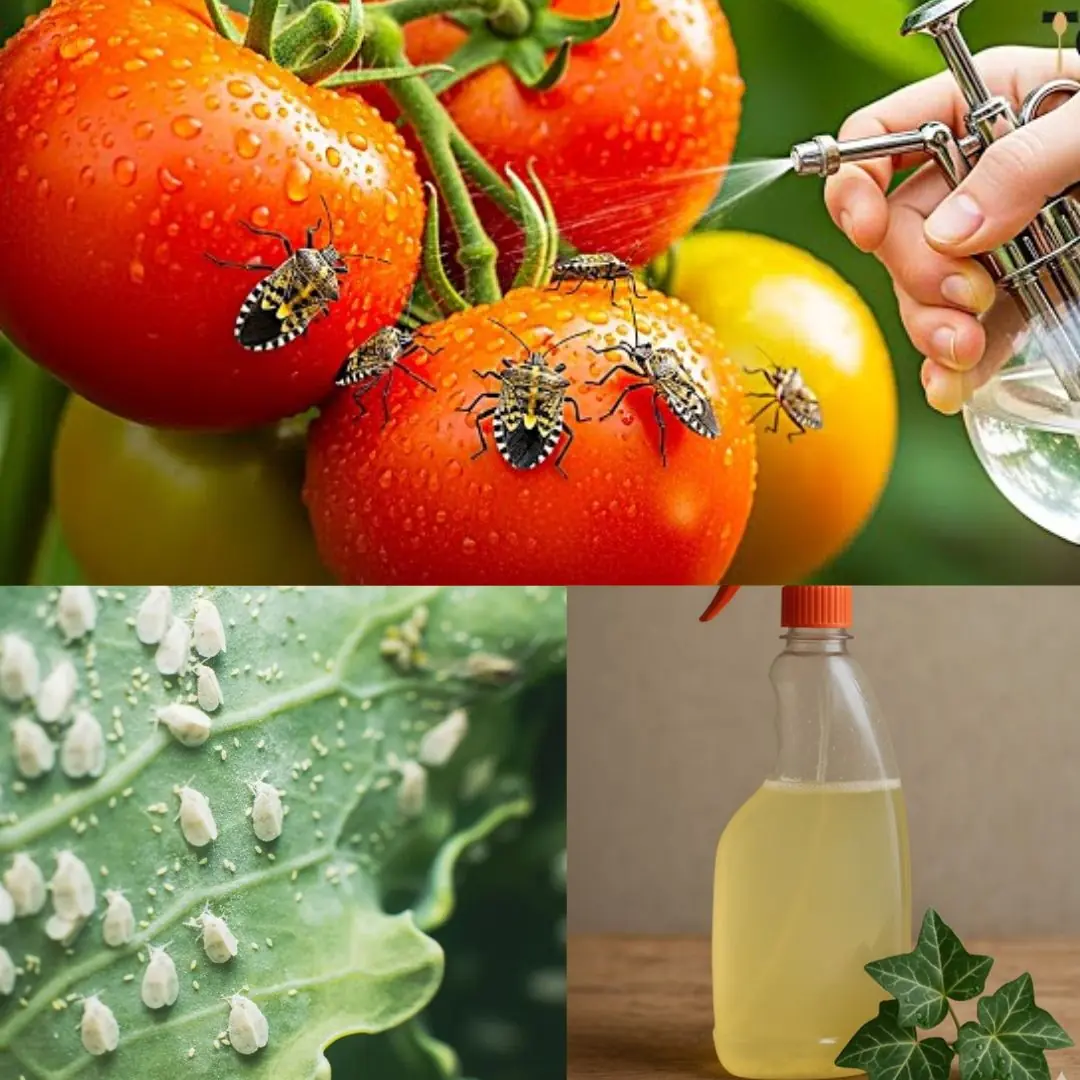
Ivy and Vinegar: A Safe and Natural Spray to Keep Pests Off Your Garden
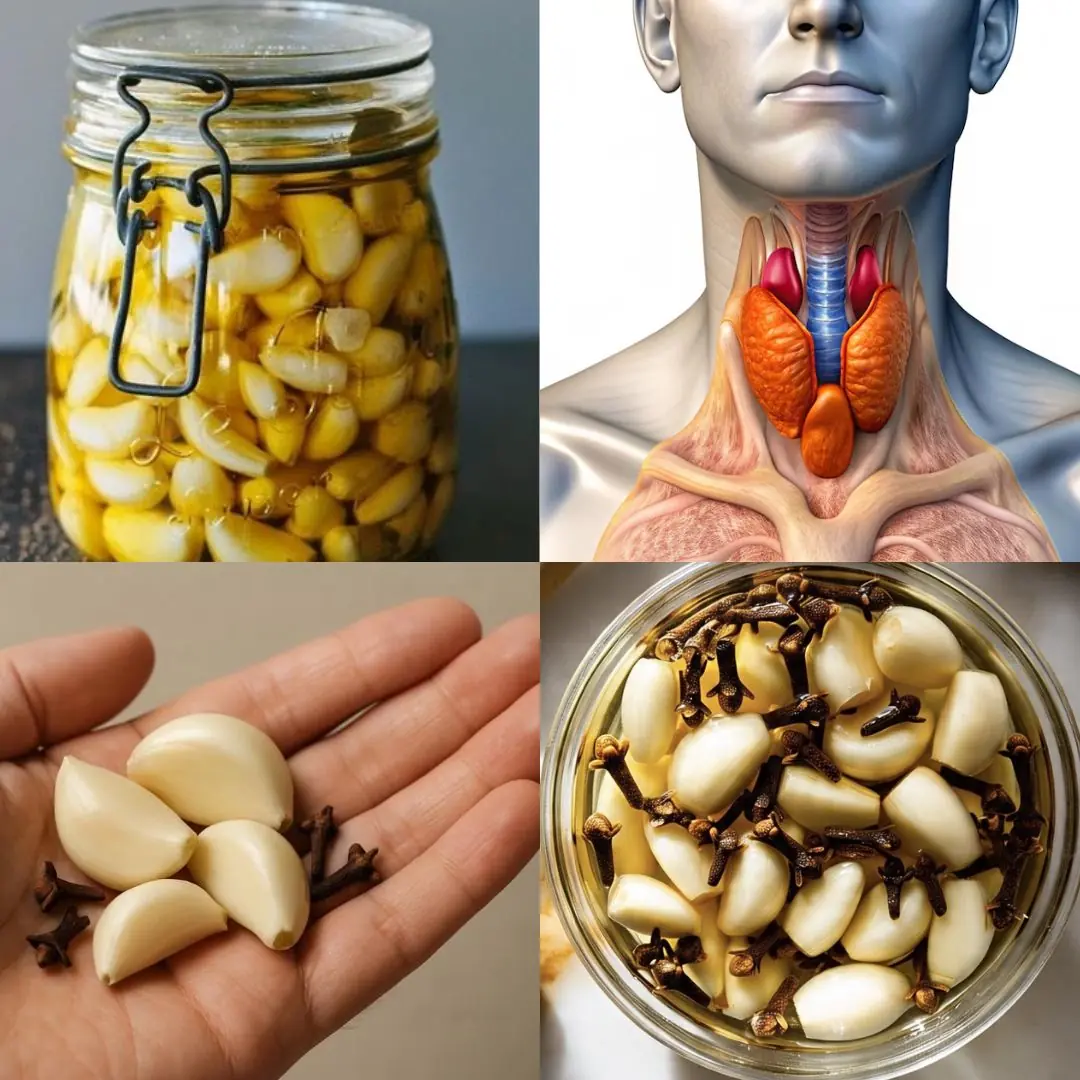
Garlic, Honey, and Cloves – a powerful natural remedy packed with health benefits

Vinegar is the key to streak-free windows and shiny surfaces, but most use it wrong. Here's the right way to use it

Haven't heard that before
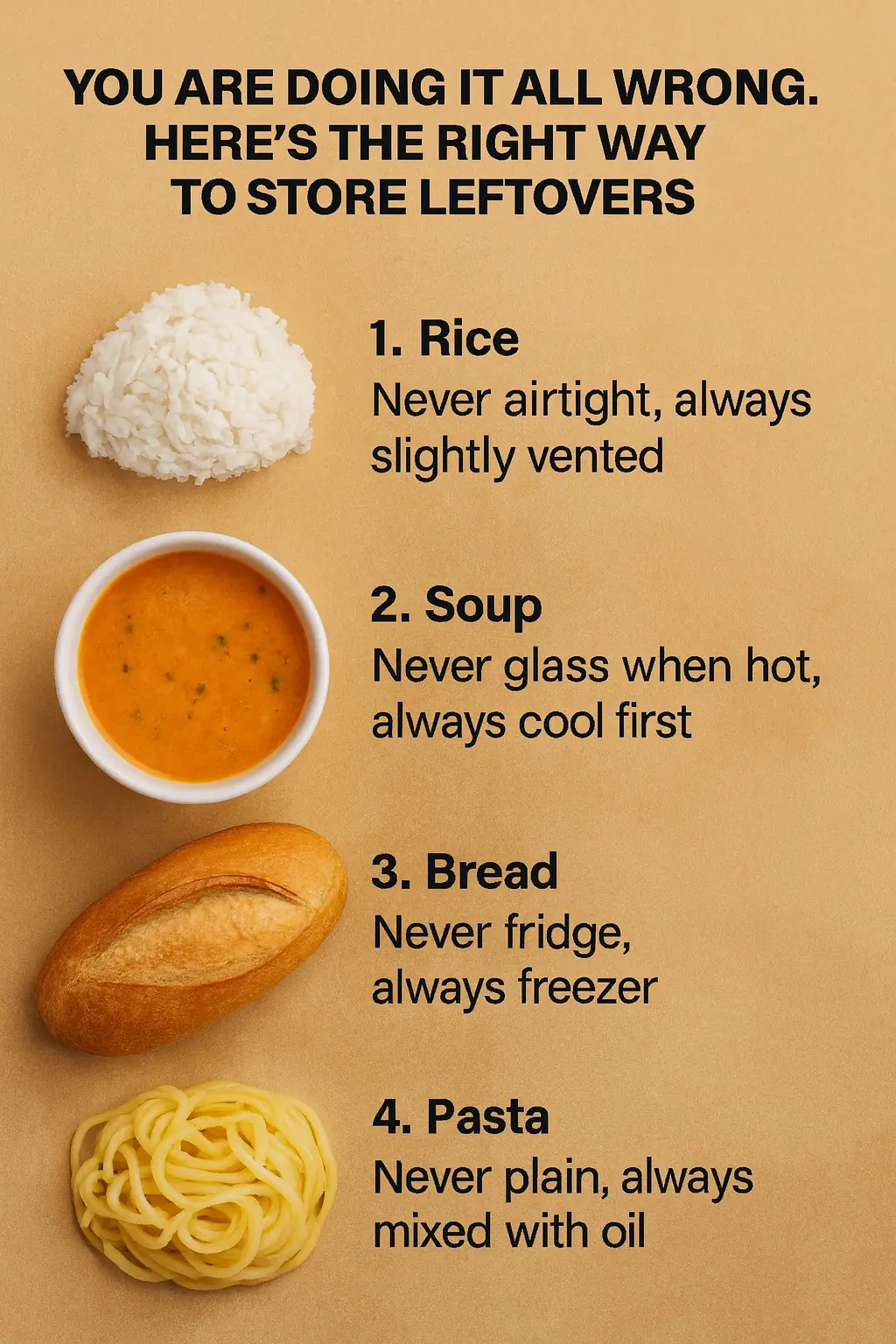
You are doing it all wrong. Here’s the right way to store leftovers

10 genius tricks to revive your garden patio

You are doing it all wrong. Here’s the right way to wash towels
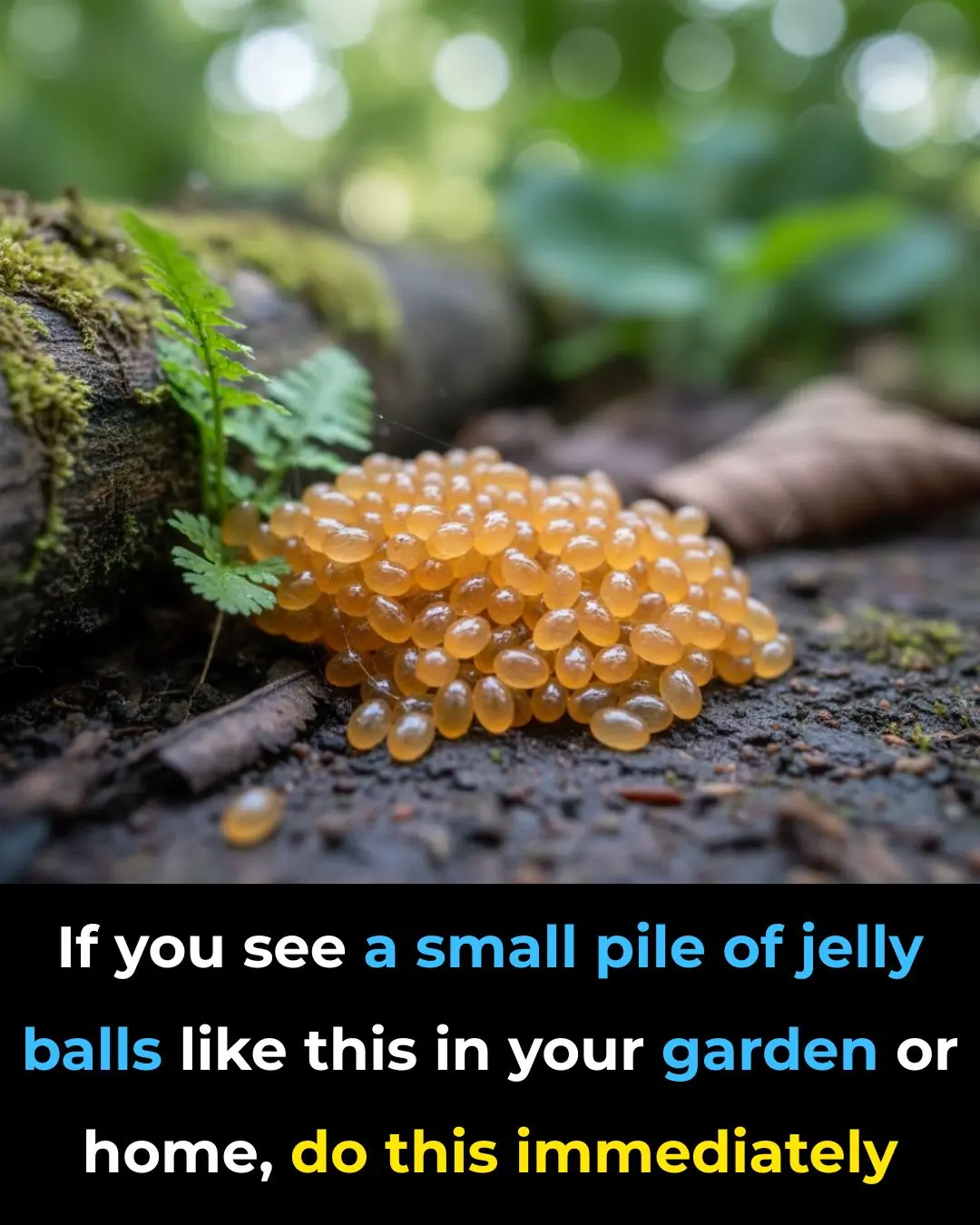
They look so harmless

How to Remove a Fish Bone from Your Throat 🐟😮

You’re doing it all wrong. Here’s the right way to store knives

You’re doing it all wrong. Here’s the right way to unclog your drain

Detroit Man Went From Quitting His Job To Buying A Building For His Car Detailing Business After It Went Viral On TikTok
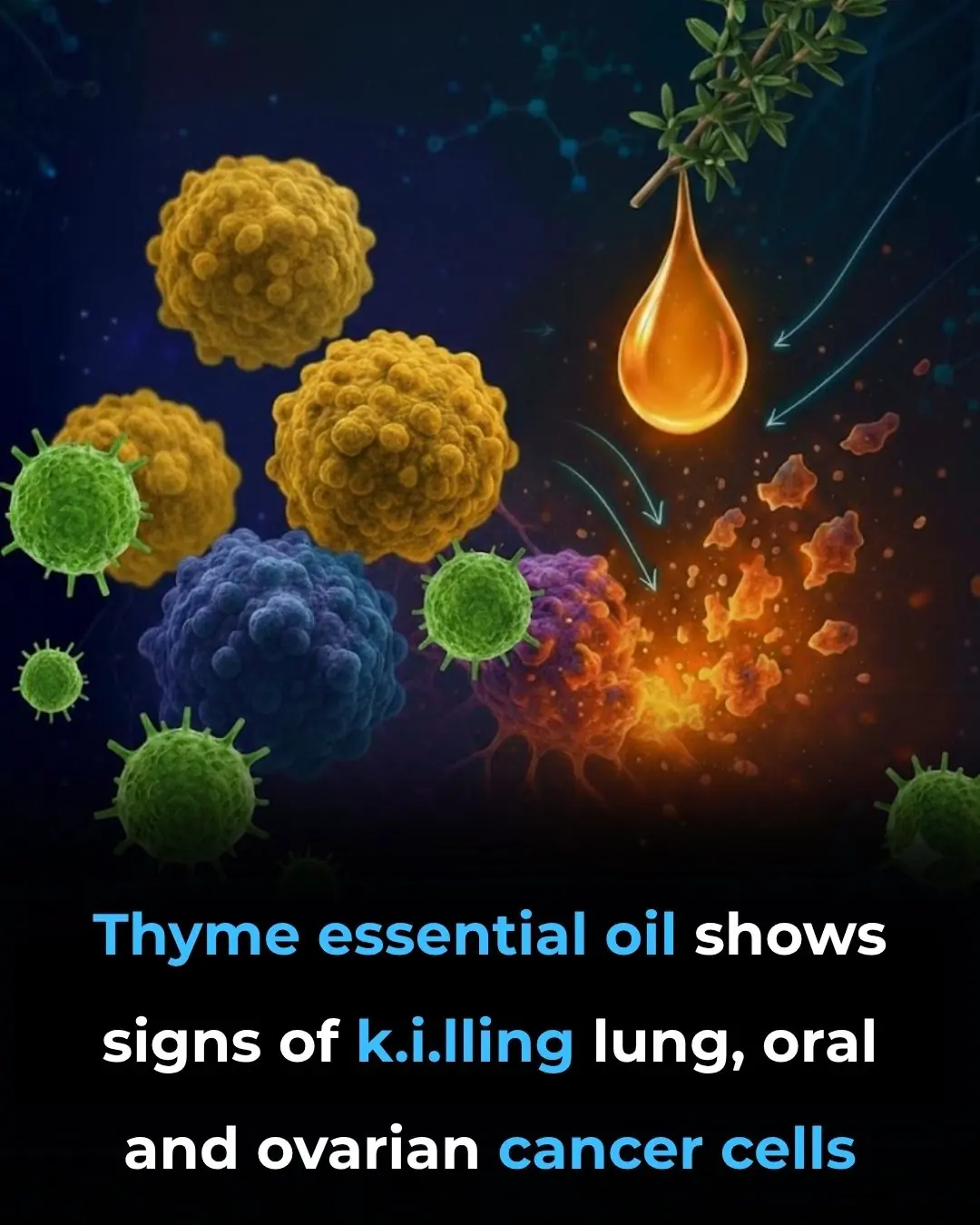
Thyme Essential Oil Shows Signs of Killing Lung, Oral and Ovarian Cancer

A Boy, A Bullet, and the Friend Who Saved Him

How to cleanse your kidneys using this natural, home made drink
